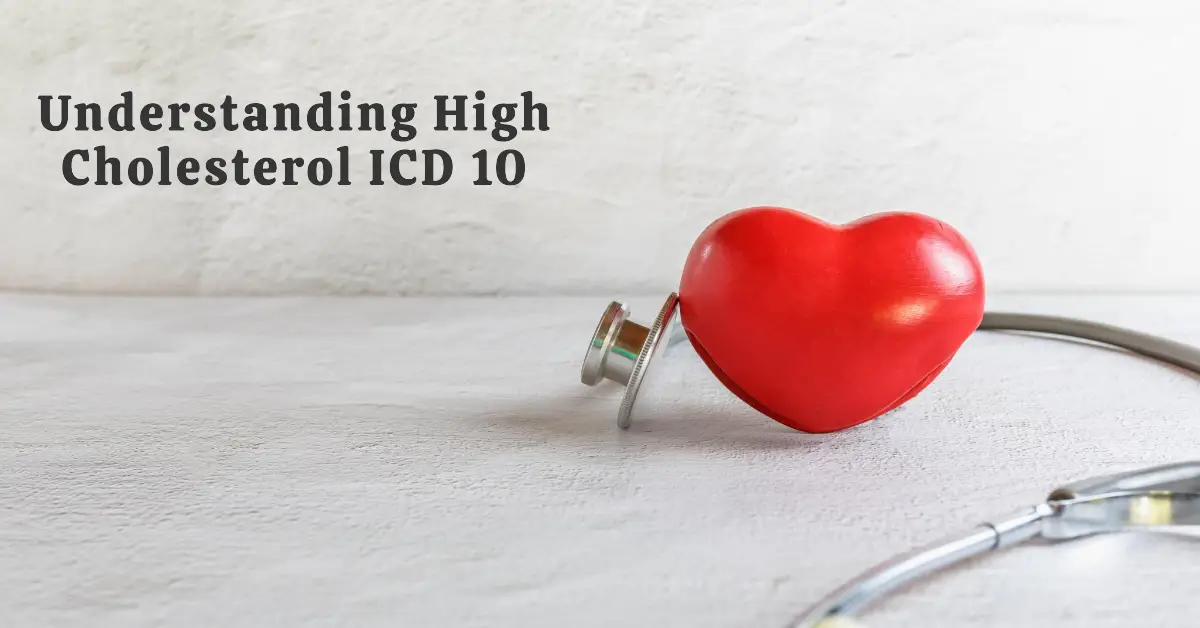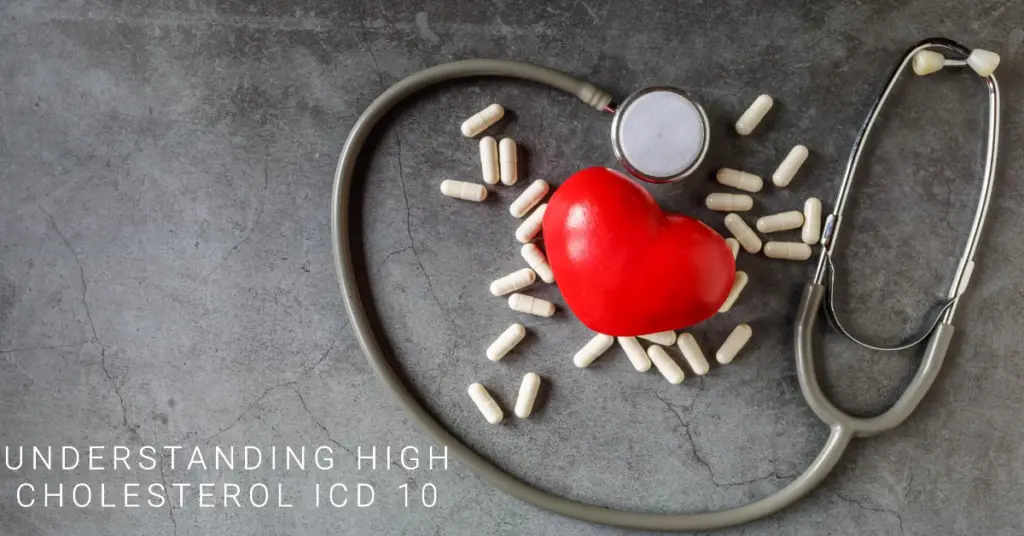
Introduction
High cholesterol is a condition in which the levels of cholesterol in your blood are too high. Cholesterol is a waxy substance that your body needs to build healthy cells. However, too much cholesterol can build up in your arteries, leading to heart disease, stroke, and other health problems.
The ICD-10 code for high cholesterol is E78.5. This code is used to identify high cholesterol in medical records and billing systems.

Symptoms of High Cholesterol
Most people with high cholesterol do not have any symptoms. However, some people may experience chest pain, shortness of breath, or fatigue.
Causes of High Cholesterol
There are a number of factors that can contribute to high cholesterol, including:
- Family history: If you have a family history of high cholesterol, you are more likely to develop the condition.
- Age: Cholesterol levels tend to increase with age.
- Diet: Eating a diet high in saturated fat, trans fat, and cholesterol can raise your cholesterol levels.
- Lack of exercise: Exercise helps to lower cholesterol levels.
- Certain medications: Some medications, such as steroids, can raise cholesterol levels.
Types of High Cholesterol
There are two main types of high cholesterol:
- High LDL cholesterol: LDL cholesterol is known as “bad” cholesterol because it can build up in your arteries and increase your risk of heart disease.
- Low HDL cholesterol: HDL cholesterol is known as “good” cholesterol because it helps to remove LDL cholesterol from your arteries.
Risk Factors for High Cholesterol
In addition to the factors mentioned above, other risk factors for high cholesterol include:
- Race: African Americans and Hispanic Americans are more likely to have high cholesterol than Caucasian Americans.
- Obesity: Being overweight or obese can increase your cholesterol levels.
- Diabetes: Diabetes can also increase your cholesterol levels.
- Smoking: Smoking can damage your arteries and increase your risk of heart disease.
Prevention of High Cholesterol
The best way to prevent high cholesterol is to adopt a healthy lifestyle. This includes:
- Eating a healthy diet: A healthy diet includes plenty of fruits, vegetables, and whole grains. It should also be low in saturated fat, trans fat, and cholesterol.
- Exercising regularly: Exercise helps to lower cholesterol levels and keep your heart healthy.
- Maintaining a healthy weight: Being overweight or obese can increase your cholesterol levels.
- Quitting smoking: Smoking can damage your arteries and increase your risk of heart disease.
Conclusion
High cholesterol is a serious condition that can lead to heart disease, stroke, and other health problems. However, it is a condition that can be managed with lifestyle changes and medication. If you are concerned about your cholesterol levels, talk to your doctor.




